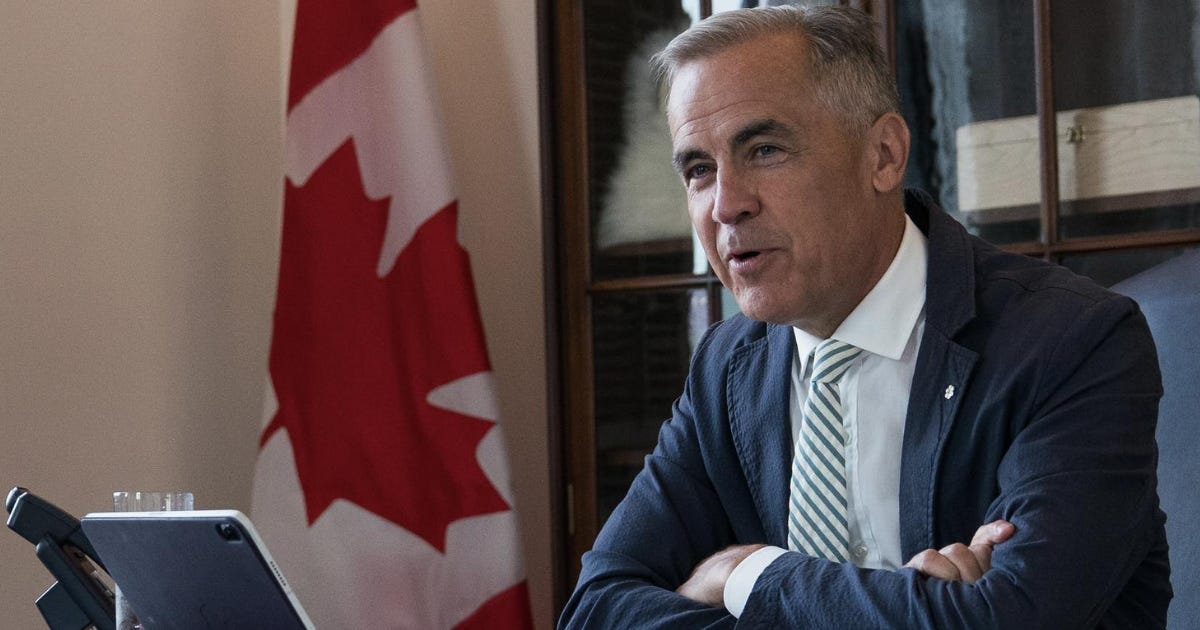OP-ED: Carney’s reckless promise on Netanyahu’s arrest
Dotan Ruosso writes, "Carney’s words made headlines, but they exposed the absence of political maturity, statesmanship, and any real strategic insight."
By Dotan Rousso
When Prime Minister Mark Carney was asked on The Mishal Husain Show whether Canada would arrest Israeli Prime Minister Benjamin Netanyahu under the International Criminal Court’s (ICC) warrant, he didn’t hesitate. Pressed twice, he replied with a single word: “Yes.”
That answer, wrapped in moral conviction, was not courageous. It was reckless.
The ICC has no police force and depends entirely on the voluntary cooperation of states. Its power rests on politics, not enforcement — and its record shows it. Of the 31 arrest warrants issued since 2002, over 80 percent have targeted African leaders, while none have touched officials from powerful states (except for Russia)— not from the United States, China, or any NATO member nation. This is not coincidence; it is structural bias.
Given this record, it is hardly surprising that in 2025 the United States sanctioned four ICC judges — including some who approved the Netanyahu warrant — for “illegitimate actions targeting U.S. and allied officials.” In addition, several European governments have since said they will not enforce the warrant, citing sovereign immunity and the Court’s dubious jurisdiction. Even the ICC’s own prosecutor, Karim Khan, was recently disqualified from a major case for conflicts of interest. The institution meant to embody justice now often resembles a political stage.
When the ICC issued a warrant for Vladimir Putin in 2023, no major power took action. The same happened with Sudan’s Omar al-Bashir. Yet Canada’s prime minister now vows to detain the elected leader of a democratic ally. That isn’t principle — it’s performance.
And performance is precisely the point. Carney’s statement was never about justice; it was about optics. At home, it flatters a progressive base still drawn to Trudeau-era virtue signaling. Abroad, it plays well in UN circles eager to lump Israel with autocratic regimes. But real leadership isn’t about applause — it’s about foresight.
Now imagine Carney’s scenario: Netanyahu lands in Toronto and is arrested on arrival. Beyond being implausible, it would be diplomatically disastrous. No democratic leader would risk entering Canada again without prior assurances. Any attempt to detain an allied head of government would rupture relations with Israel and, far more dangerously, with the United States — the cornerstone of Canada’s defense, intelligence, and trade frameworks. Alienating Washington over a symbolic legal gesture would betray both prudence and strategic realism.
This declaration also risks further diminishing the little influence Canada still holds in the Middle East. Canada’s voice in the Israeli–Palestinian conflict has already faded in recent years, but Carney’s statement could erase even that limited relevance. By publicly aligning with a politicized legal process, he has sharply reduced Israel’s trust in Canada’s leadership — undermining any prospect of Canada serving as a credible interlocutor or mediator in the region.
Carney’s pledge reveals not moral clarity but political naïveté. It advances no peace, deters no aggressor, and yields only self-inflicted damage. Canada’s moral authority would be better served by leading reform at The Hague — pushing for transparency and jurisdictional restraint — rather than threatening arrests it could never enforce.
This moment is not just about Israel. It is a test of Canada’s seriousness on the world stage. Mature nations balance ideals with influence; vain ones mistake posturing for principle.
Carney’s words made headlines, but they exposed the absence of political maturity, statesmanship, and any real strategic insight.



He is here to crumble the country! He is not politically immature he is on point for his overall task. When will people get it!
Carney... Reckless????
WHO KNEW???
OH... It appears all those who did not vote Liberal.
SO... Way too many reckless Liberal voters still infest what used to be Canada.